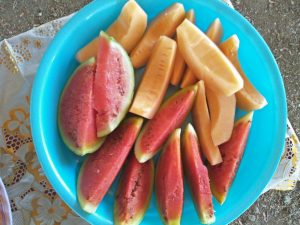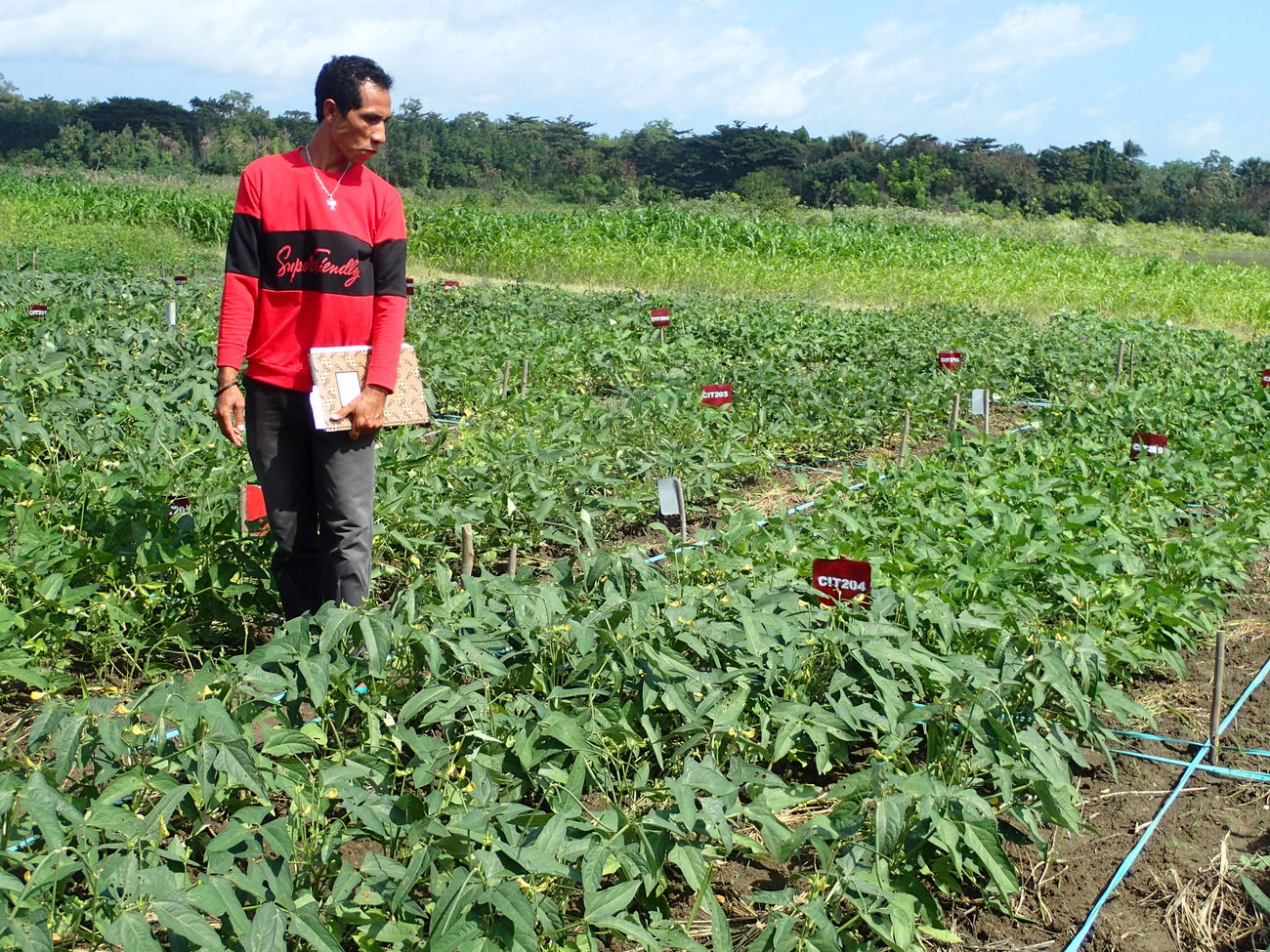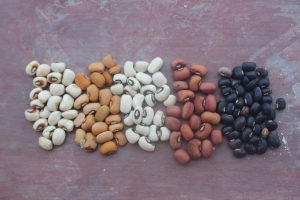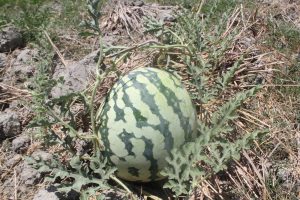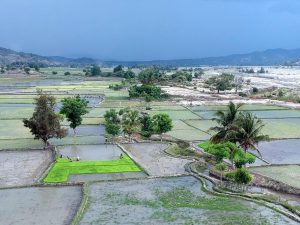New research presented this week at the Timor-Leste Studies Association (TLSA) conference shows the potential of Timor-Leste’s rice waste products to reduce greenhouse gas emissions, improve soil health, and generate millions of dollars in extra horticulture crop value.
New research from AI-Com presented at TLSA this week has demonstrated the significance of a simple rice waste product to Timor-Leste’s farming families — offering families and rural development workers significant opportunity to improve soil health, increase crop yields, reduce greenhouse gas emissions and create millions of dollars’ worth of new economic opportunities for rural families.
Presented by AI-Com technical lead Rob Williams at the TLSA conference in Dili, the research — conducted by Rob with Acacio Gueterres, Adao Barbosa Marcal Gusmao and Claudino Nabais — is part of extensive research being conducted by AI-Com researchers into the production and use of rice hull biochar in Timor-Leste.
This research has found that repurposing about half of Timor-Leste’s discarded rice hulls to made biochar could produce between $1 million and $2 million worth of extra horticulture crops, or reclaim more than 250 hectares of acid soil, likely for many years. As rice hull biochar also sequesters carbon, its use could reduce Timor-Leste’s carbon dioxide emissions.
Biochar background
Biochar is an organic fertiliser made by half-burning rice hulls — a by-product of rice milling usually not used in any way — to create a charcoal soil amendment that has proven effective in both rice and horticulture crops in Timor-Leste.
Made primarily from silica and cellulose — which half-burns to charcoal — rice hull biochar is produced by heating rice hulls in a low-oxygen environment. Every year, 33,000 tonnes of rice hulls are produced and discarded in Timor-Leste, which offers significant opportunities for the future production of biochar: if half of this waste was repurposed, it could produce approximately 11,000 tonnes of rice hull biochar — which, if applied to horticulture crops, could increase yields to produce between $1 million and $2 million worth of extra horticulture crops, or reclaim more than 27 hectares of acid soil per year. Applying 11,000 tonnes of biochar would act like a long term storage of carbon in the soil, and could reduce Timor-Leste’s annual carbon dioxide emissions by 3 per cent.
Ecological benefits of using rice hull biochar
Our research and review shows rice hull biochar has significant benefits to Timor-Leste’s soil. It softens the soil and increases its water-holding capacity; can reduce problems of soil acidity due to its high pH; and offers ‘housing’ to soil microbes, protozoans, fungi and others — improving the biological composition of the soil.
International review also shows a small, but statistically significant benefit of biochar application to crop productivity, with a grand mean increase of 10 per cent (of a range of -28 per cent to 39 per cent). Our first crop trials, conducted in Vermasse administrative post in 2017 under a partnership with the National University of Timor Lorosa’e, showed an increase in the yields of mung bean, tomato and chili crops with an application of 30 tonnes of biochar per hectare.
Economic benefit of biochar to rice and horticulture crops
Trials with horticulture crops — specifically tomato, chilli, long beans and capsicum — in Baucau and Aileu municipalities have shown on average an increase of 40 cents per kilogram of biochar applied to the value of crops.
National benefits of biochar
We know that biochar can benefit Timor-Leste on a greater scale than individual plots or farms. Our analysis shows that applying biochar to crops can increase national yields of rice and horticulture crops, create significant economic opportunities for families, and reduce Timor-Leste’s greenhouse gas emissions.
The use of rice hull biochar on horticulture crops could produce $1.6 million of extra production at farm gate prices.
That’s greater yields, more money to farming families, lower emissions and protected soils — all from a simple, organic waste product that grows well in Timor-Leste.
